Predicting what lies ahead is never a comfortable place to start an article. Still, we can say from looking back into 2020 and the thick of the pandemic is that quick-service restaurants (QSRs) have a unique position in the world of hospitality.
Whether you have been operating on a limited basis, offering only takeout, pickup, delivery, drive-through, or some combination of those options, things are ever-changing. There is a belief that because of financial issues and an interest in keeping contact to a minimum, consumers will likely continue to prefer eating at home, at least for a time, and this will include QSRs.
But what could this next year look like if you embraced technological changes that can improve your business and helped you reap the rewards by focusing on sustainability?
Waste management is right for your pocket and the earth.
Food waste is, of course, a dramatic issue. Any steps you can take towards eradicating or minimising this in your business will be extremely beneficial.
But when we talk about waste, we are not only referring to food waste, but also to the essential supplies that keep you running — your napkins and boxes and spare parts for delivery vehicles. All of these items are running on supply chains, and these need to be tight, well forecasted and to work for you. Waste is also in storage, purchasing and time as well as the waste that ends up in landfill.
In 2020, you may have been making short term fixes, such as limiting menus to match what you can source with ease, substituting frozen products for fresh or revising purchase orders to align with demand or even finding new suppliers. All this takes time.
Don’t forget that many other QSR’s have leapt ahead and may be purchasing when there are low commodity prices or pre-booking transport options. The competition is fierce, but that doesn’t mean you have to play that game. An advanced inventory system will see you managing waste in a way that saves time (120 minutes per store is the Orderly way!) and at the same time allows you to take fast, easy stock counts. That means more of the things you need, when you need them, with no associated wastage.
Reducing carbon miles now will set you on the right path.
The awareness of the need to tackle the climate issue is reaching business, government and consumers. Changing weather patterns will create more unpredictable agricultural conditions, and government regulators could impose carbon taxes that also raise production costs. These costs will then be passed back to you.
Could this be an excellent time to switch your businesses star menu items, if possible? Even McDonalds is looking at the feasibility of their burgers long term, according to The Counter.
Animal agriculture, as a whole, contributes around 15 per cent of global greenhouse gas emissions, with beef cattle being the largest emitters, according to UNFAO. If your menu is flexible, now could be the time to switch your hero products to something that reduces your carbon miles and can be sourced with less of a footprint. Every business will be unique, and if this is not an option for you, it is still worth considering alternative options that may one day be the stand out items you are known for.
Reduced packaging meets consumer needs for the future
Approximately 23 percent of all landfill waste is packaging, according to the Environmental Protection Agency, and we know that QSR has a part to play in minimising this waste. Consumers are more aware of packaging than ever.
Consumers will applaud those who wrap items appropriately and are quick to attack those who are seen as using unnecessary plastics. A strong sustainability message plays well with customers. According to the paper ‘QSR customer sustainable behaviors and brand practice perceptions on willingness to pay a premium’ -
“A growing number of consumers place high importance on sustainability and engage in personal sustainability practices that impact behaviours such as QSR selection... and products that are perceived as implementing sustainable practices.”
As we mentioned in a previous article, the Wall Street Journal posted a list of the 100 most sustainability-focused companies in the world with very few from the food industry so we know this is an area that is tough for many. Whilst choosing certified, recyclable, recycled content or compostable packaging materials is Plan A, perhaps a first step would be integrating ‘green thinking’ in terms of water, energy, and environmental efficiency in your business in other ways.
How to get started
One of the ways we find most helpful for all of the mentioned changes is by using the Orderly Inventory system. Through the Orderly Scorecard, we increase sustainability and provide positive economic value by using AI-generated recommendations that (as well as being cloud-based and user-friendly) are proven to help QSRs reduce waste, drive efficiency and increase profitability.
Take a look at some of the stats here — and also, if we may, we’d love to show off our trophy from the Restaurant Innovation Awards!
If you are serious about getting 2021 right and making changes that will benefit you, your business and the planet — please do speak to us.


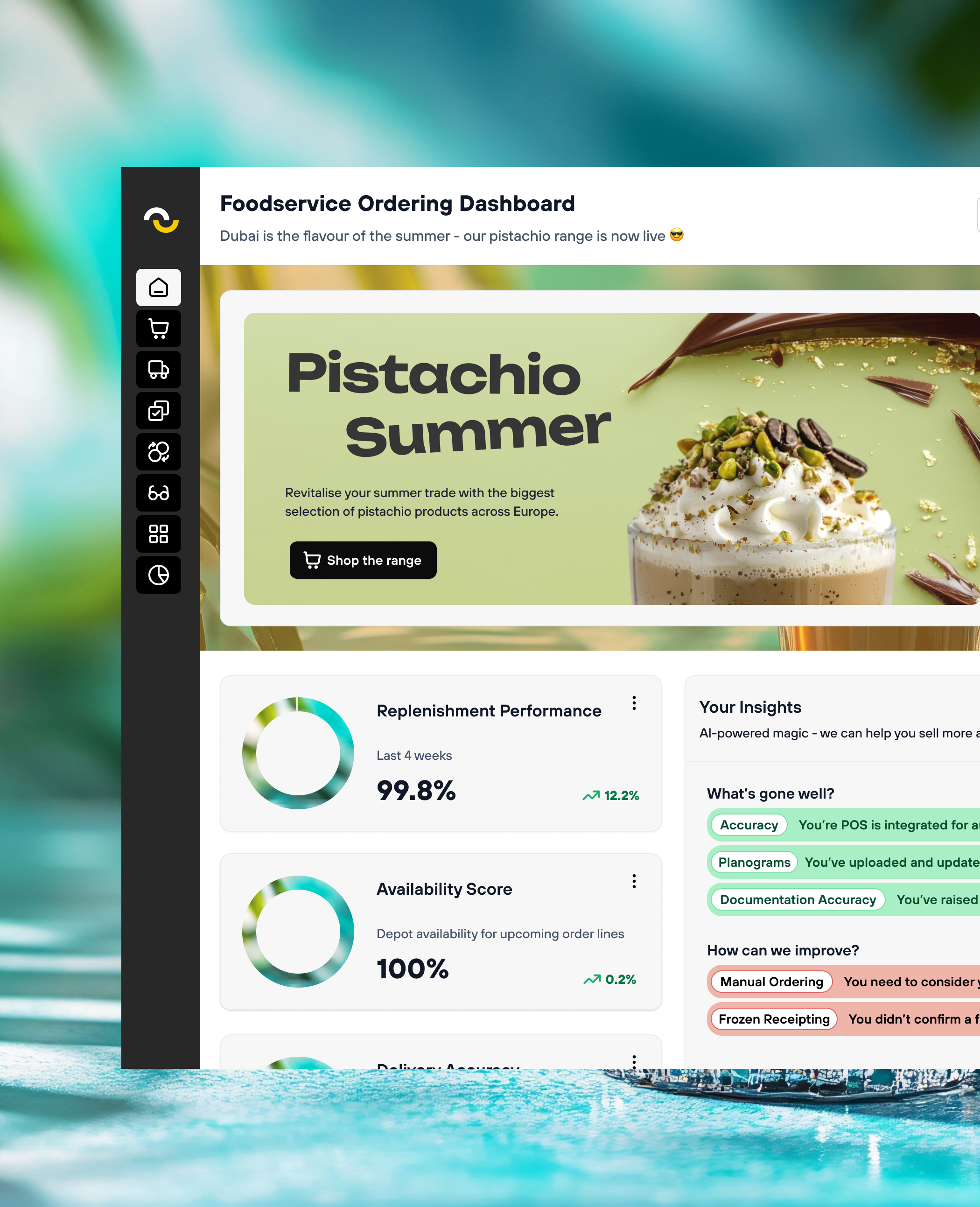

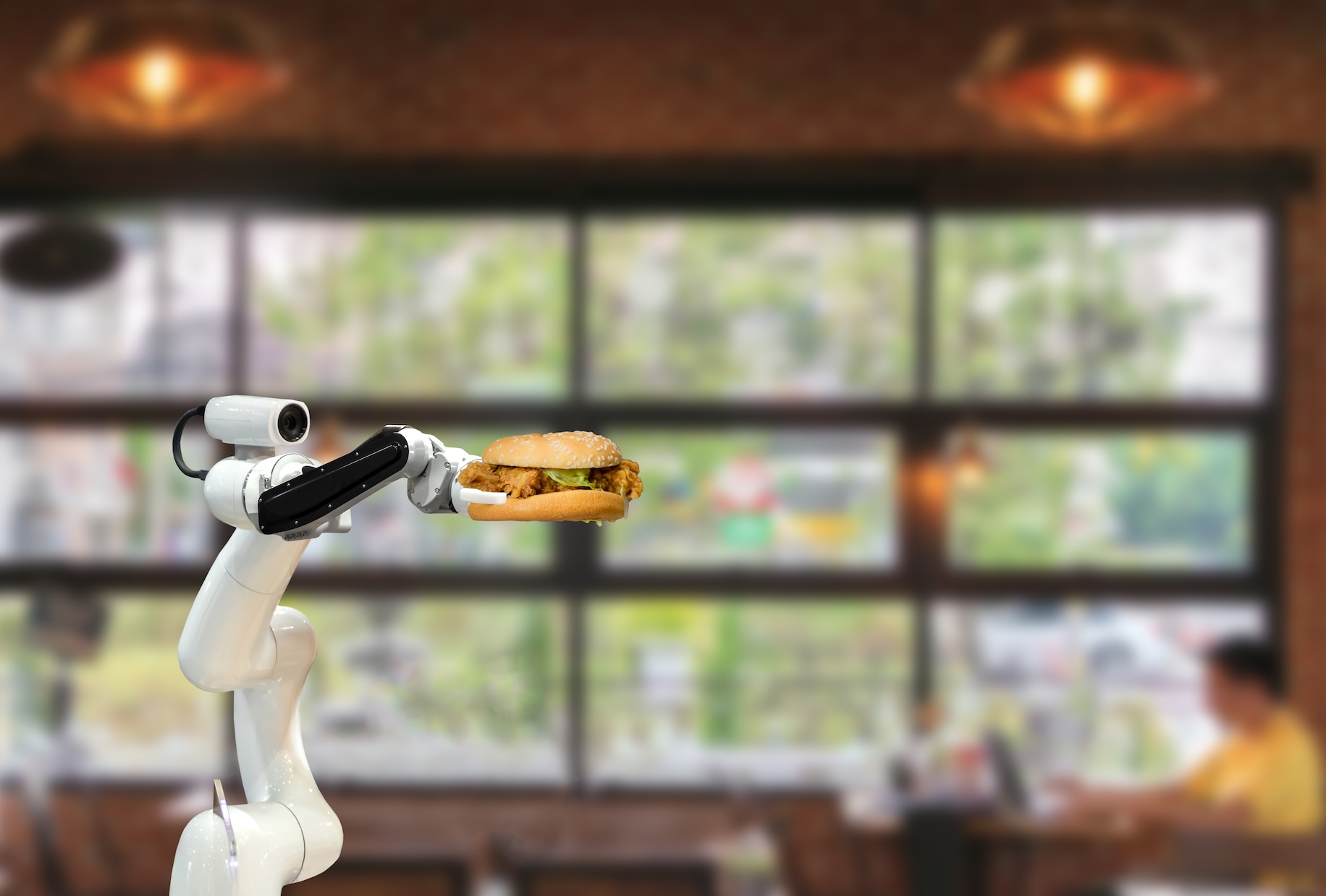
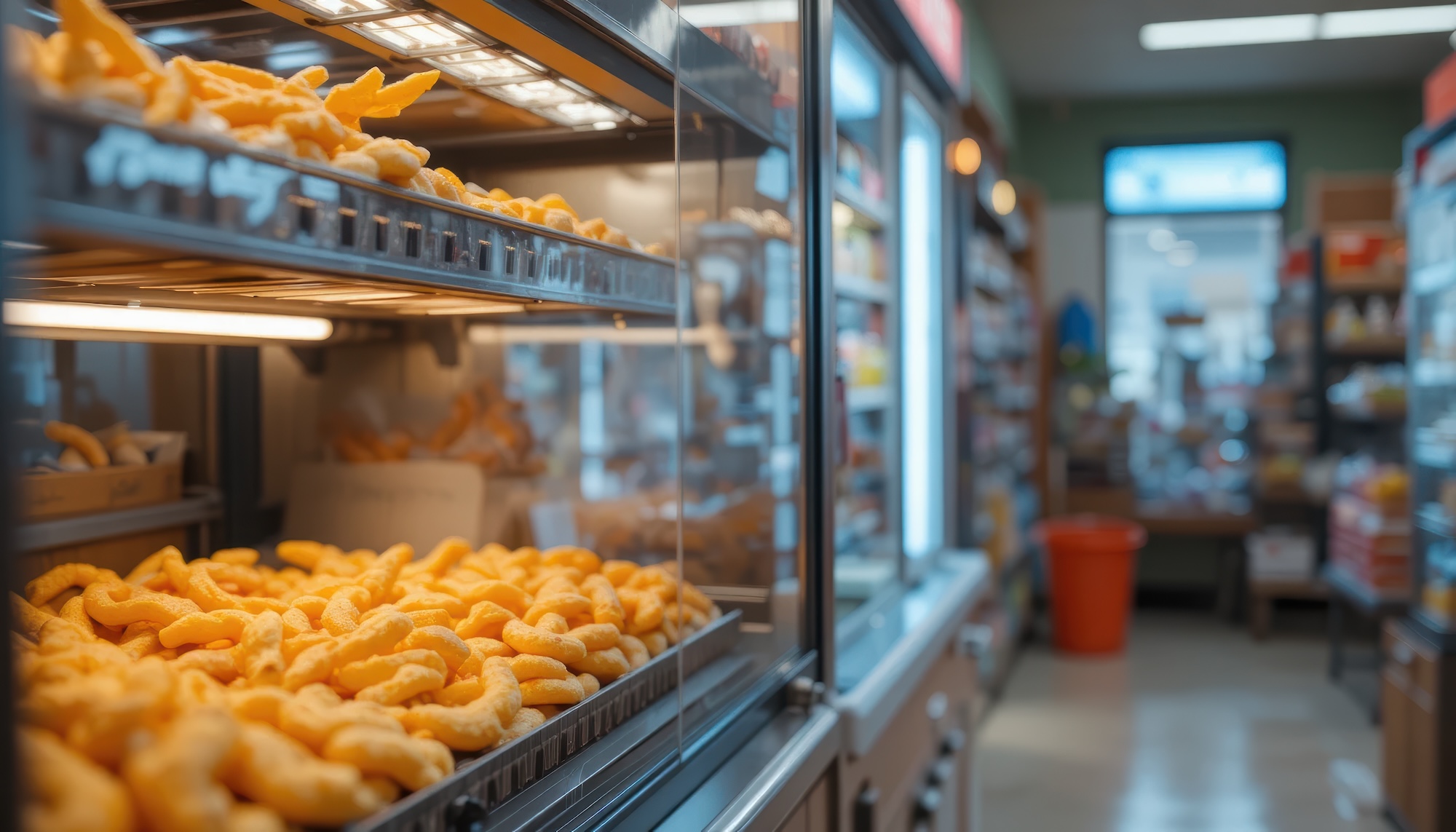

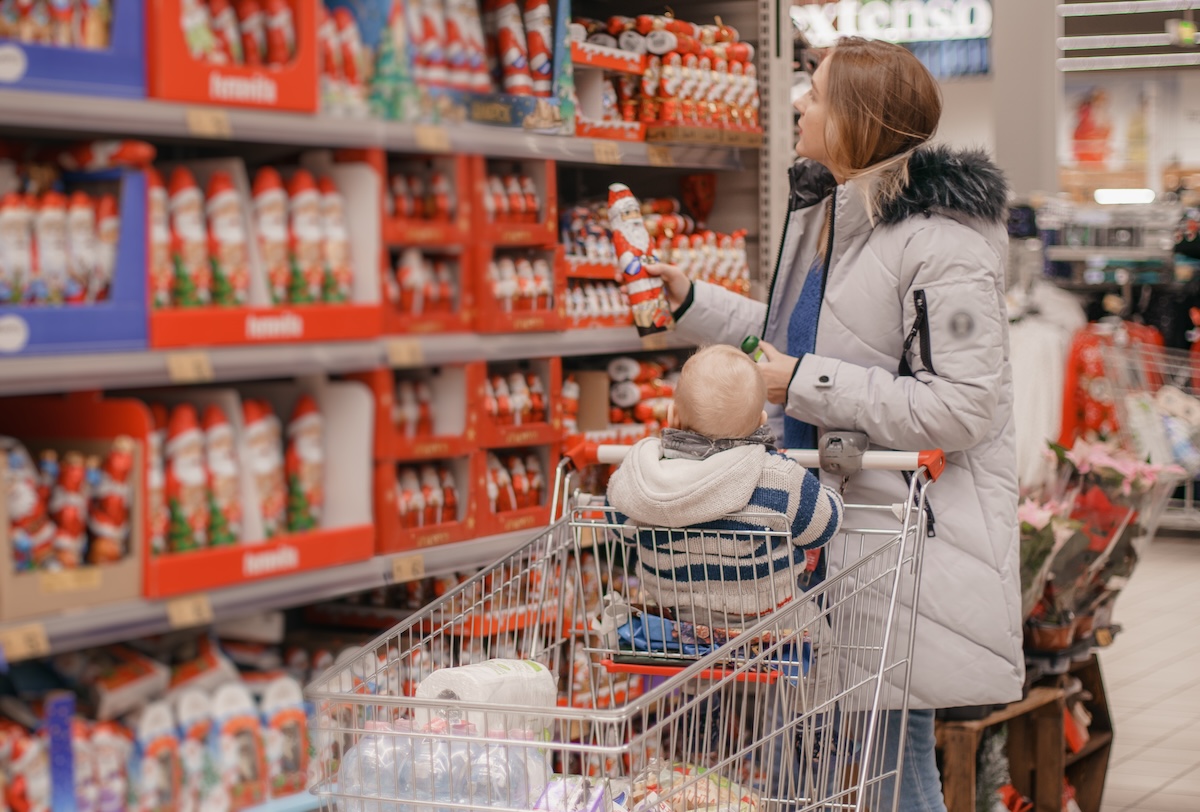
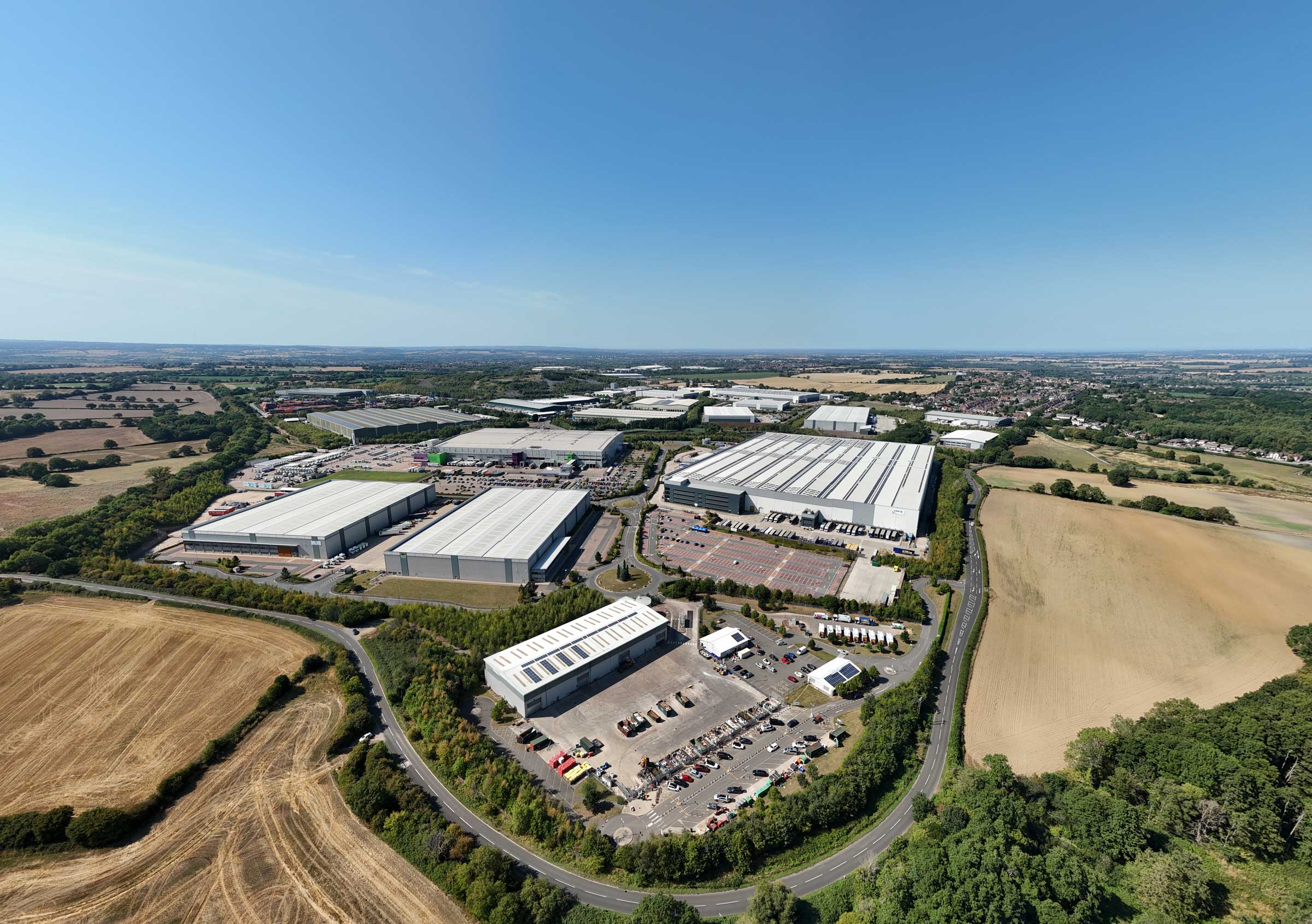

.svg)

.svg)
.svg)